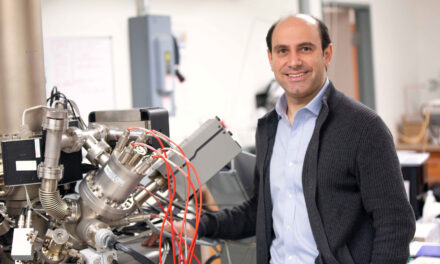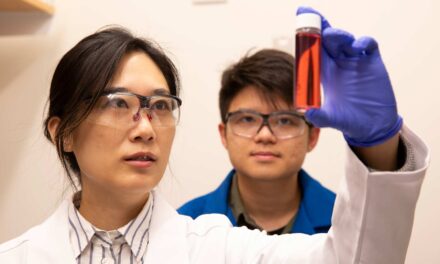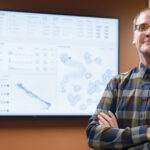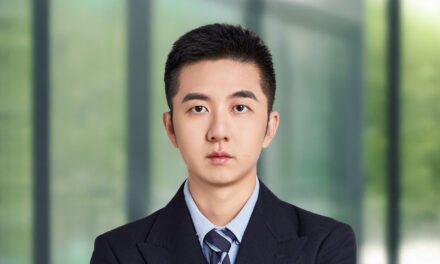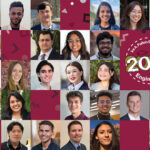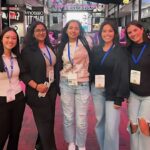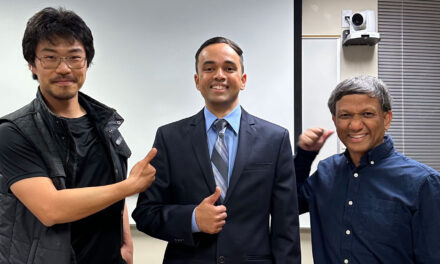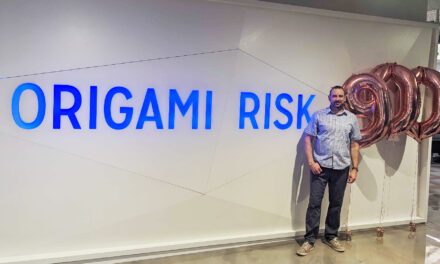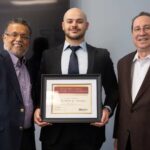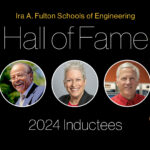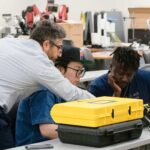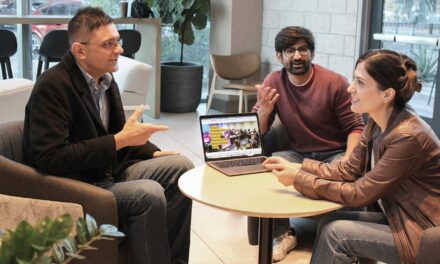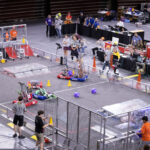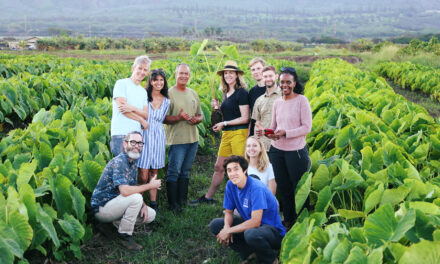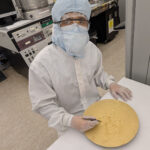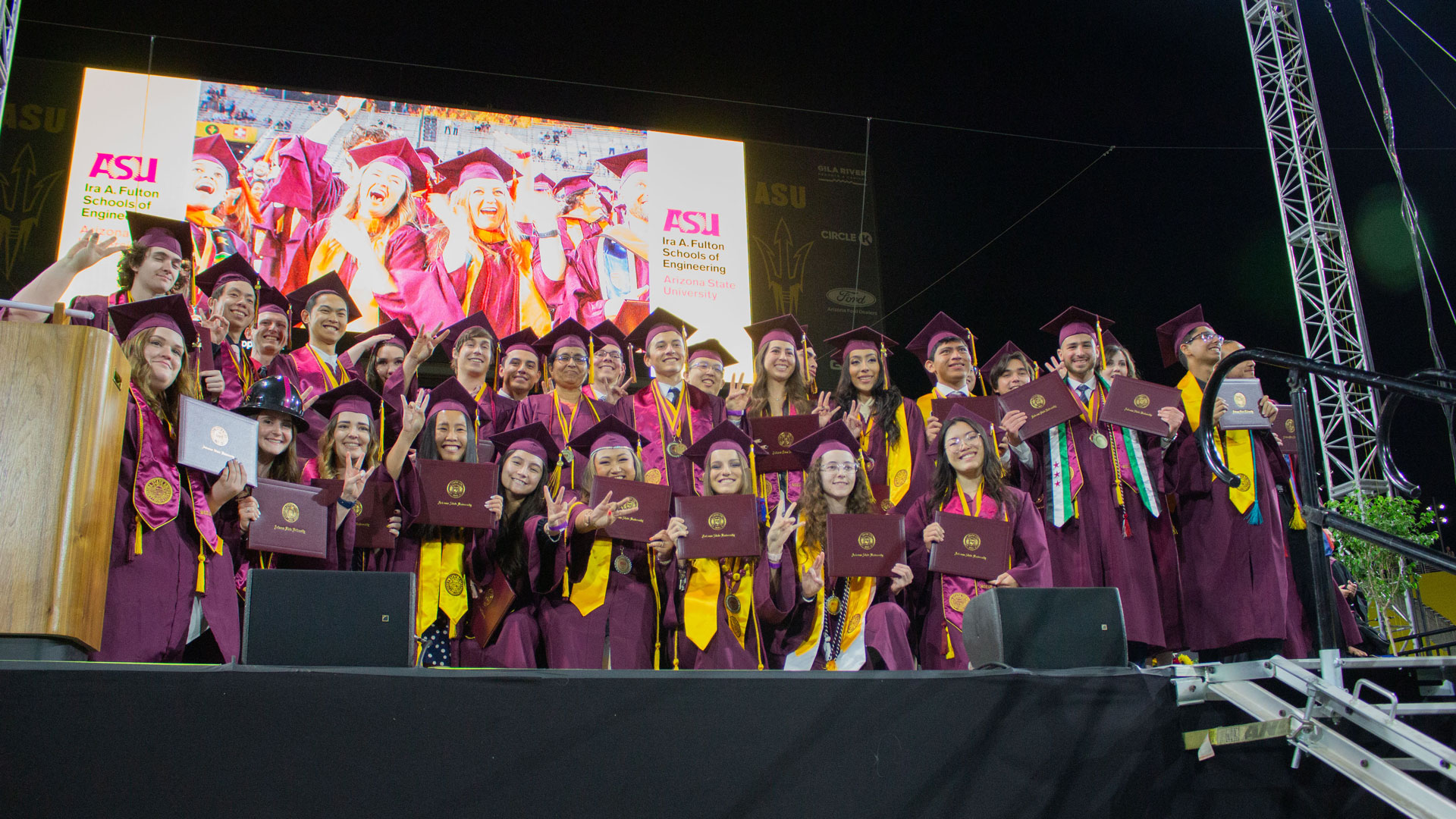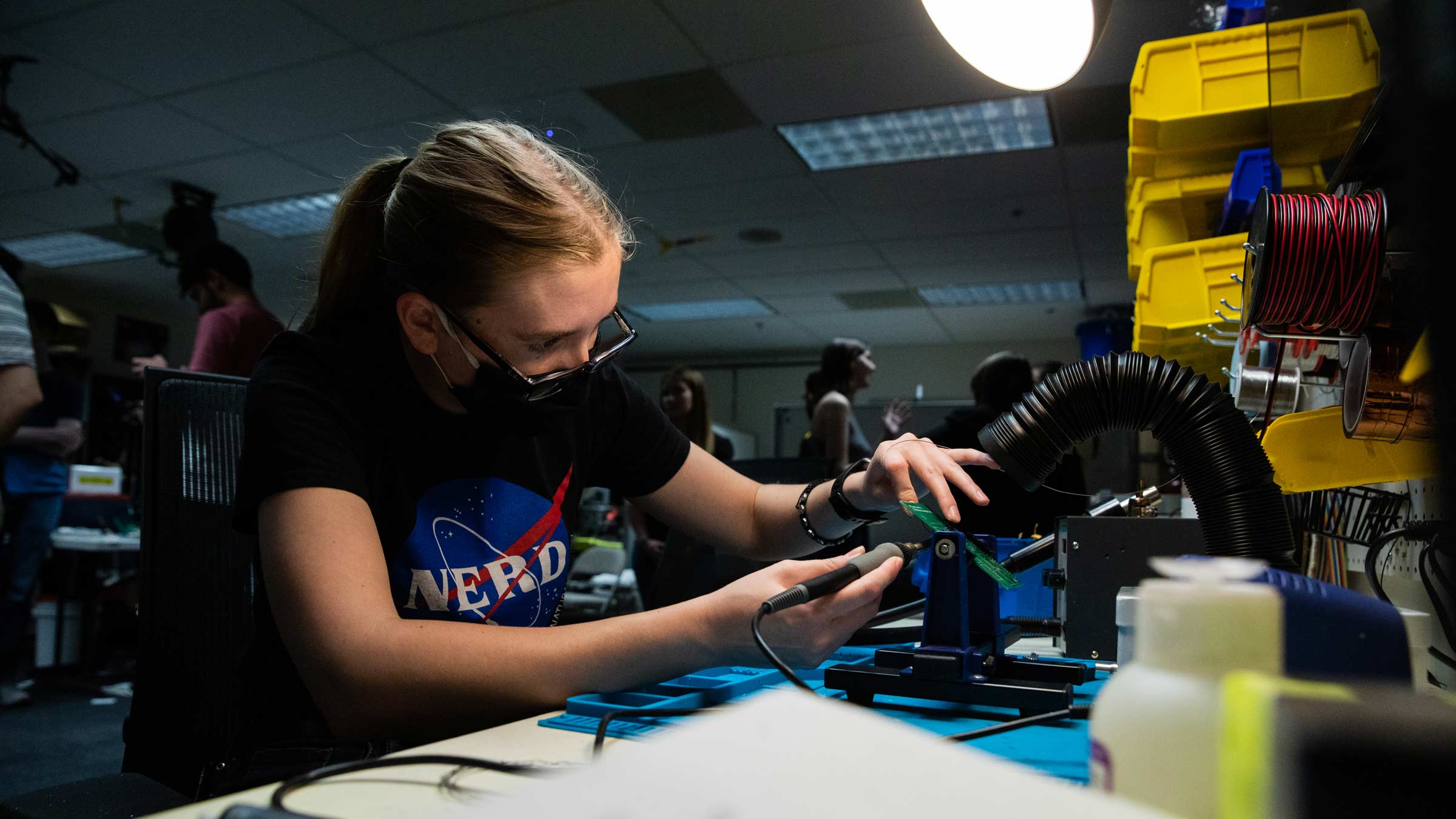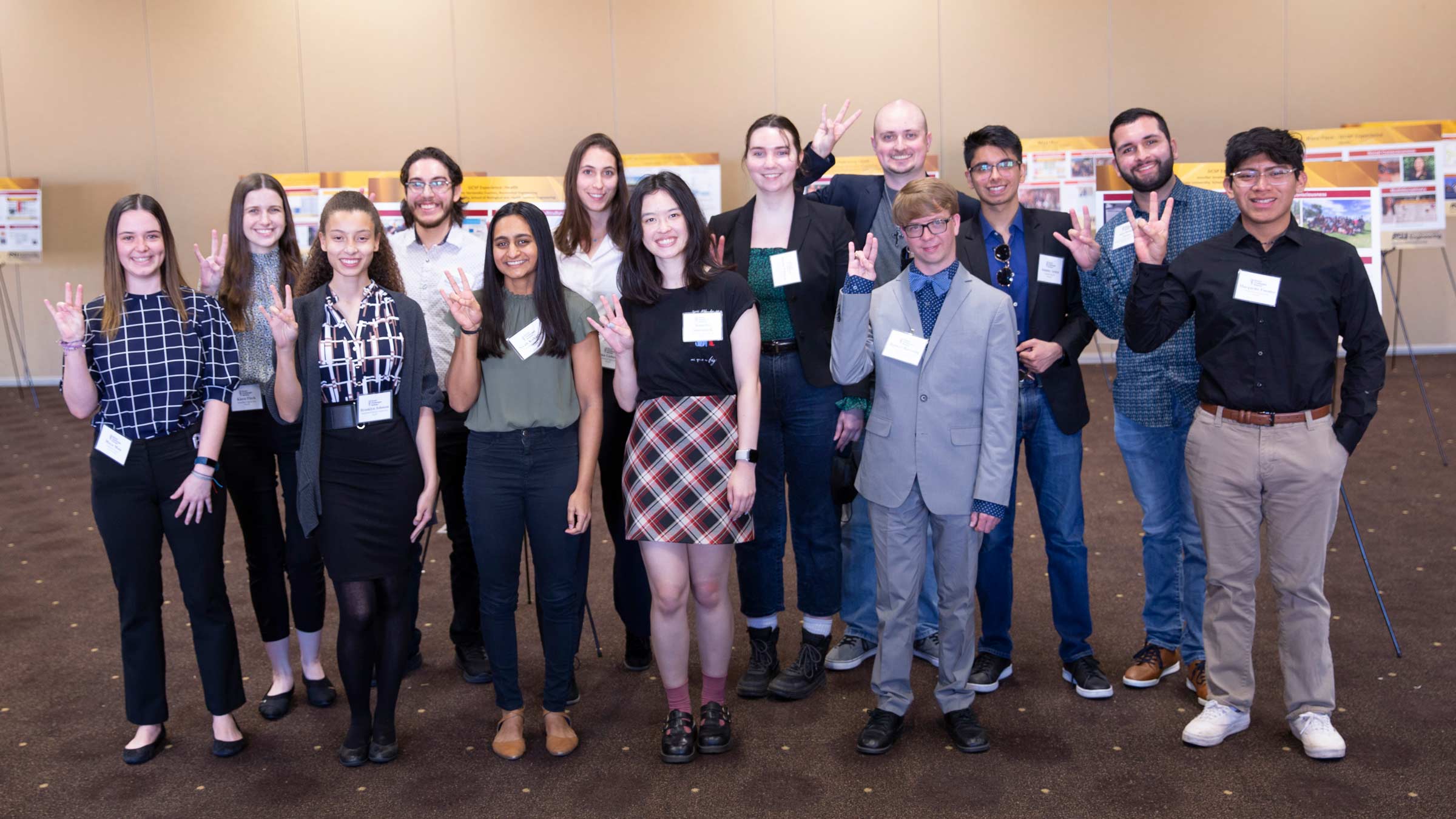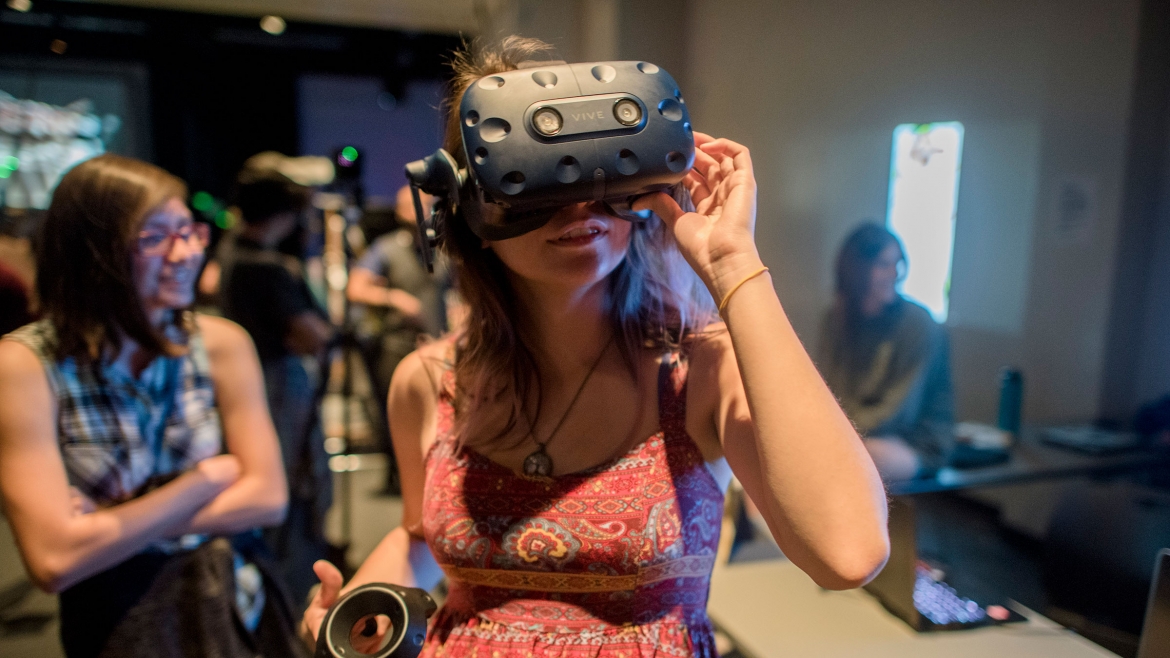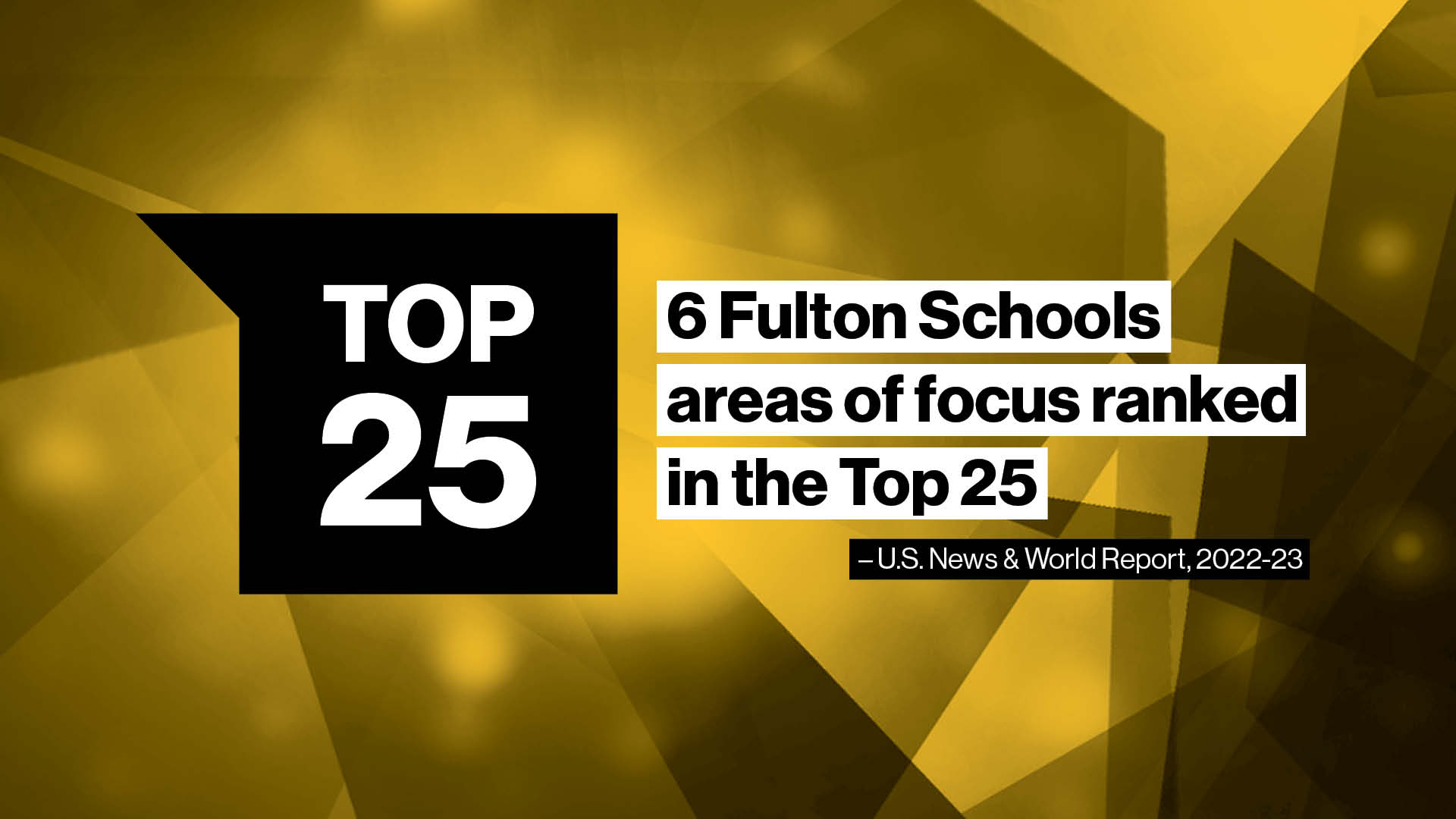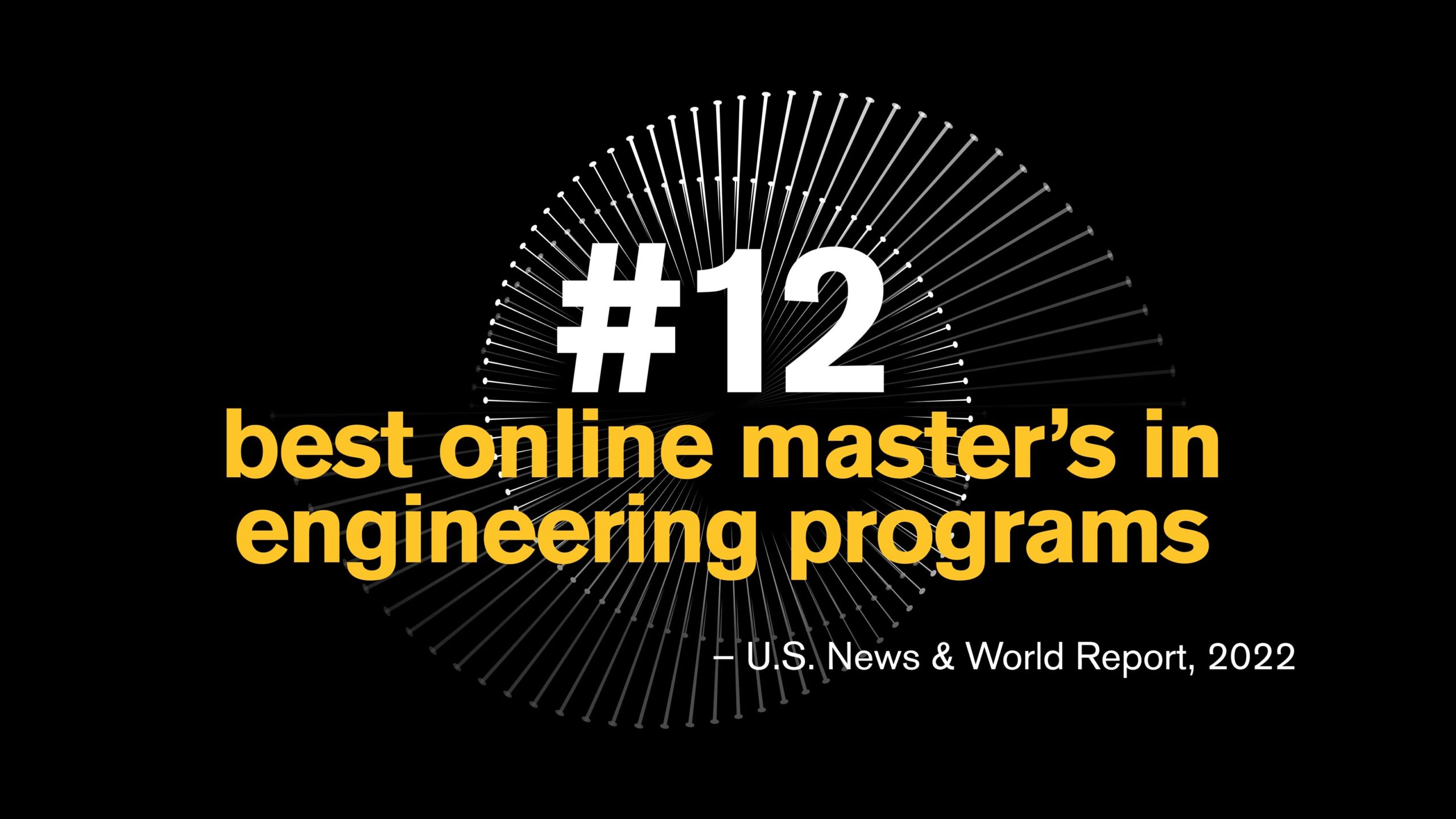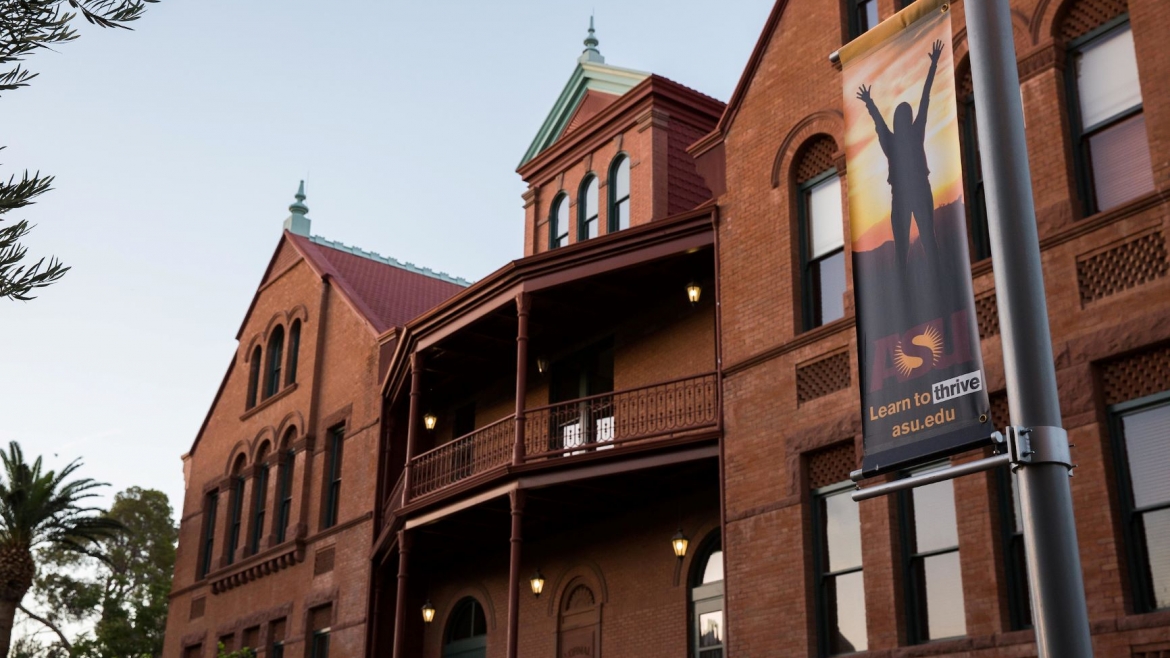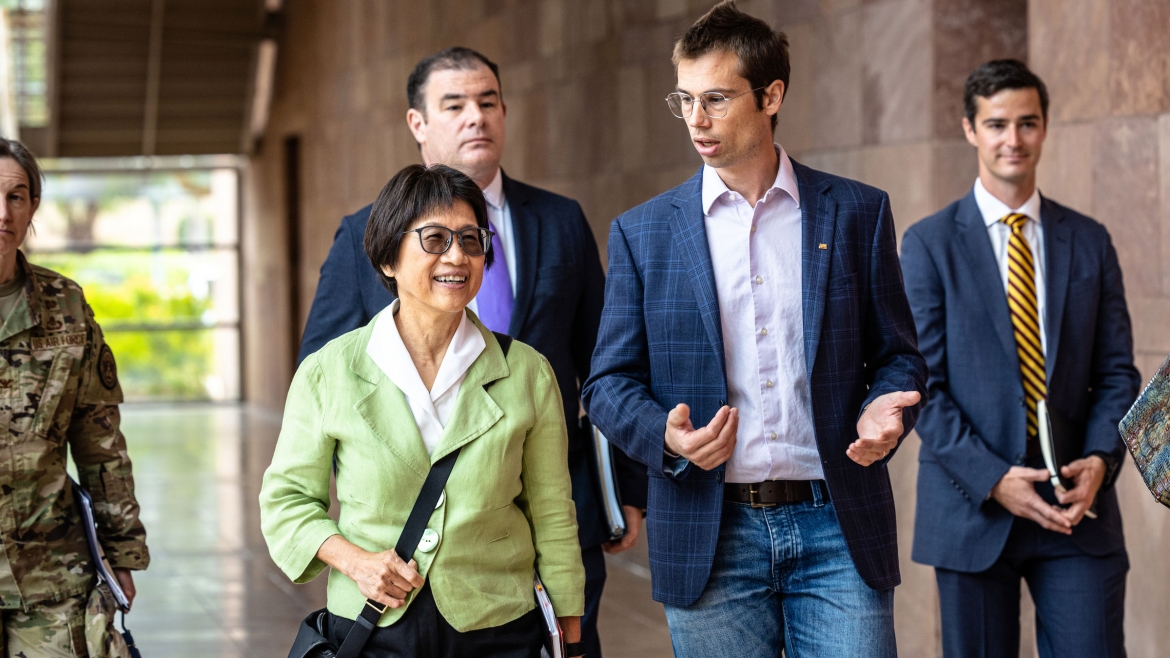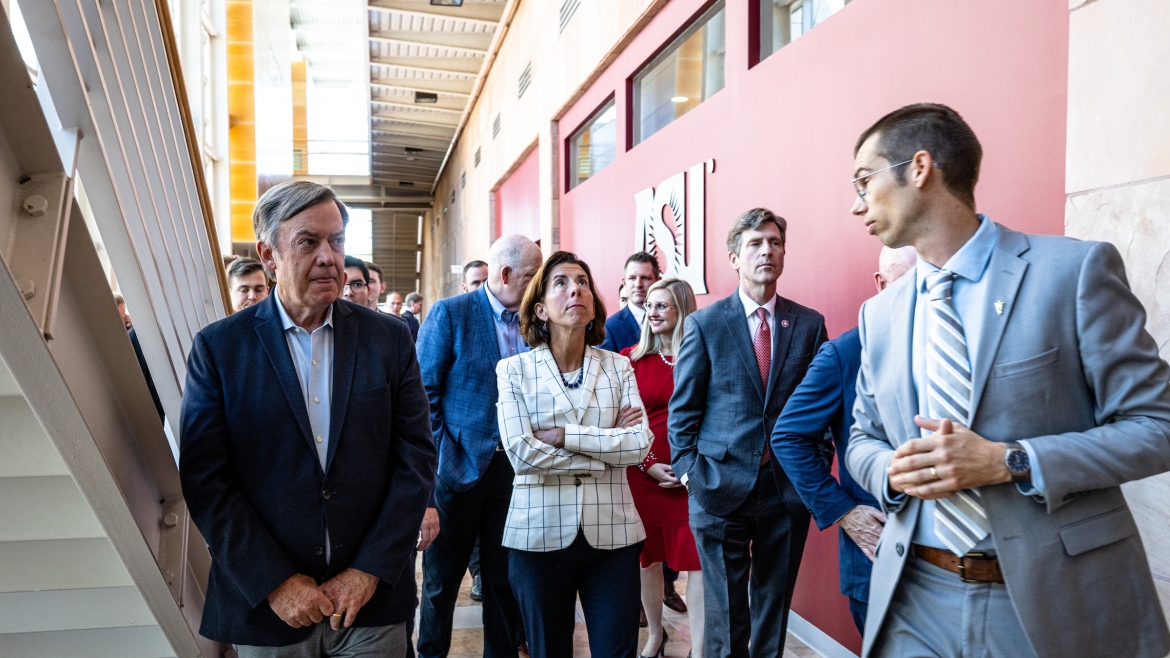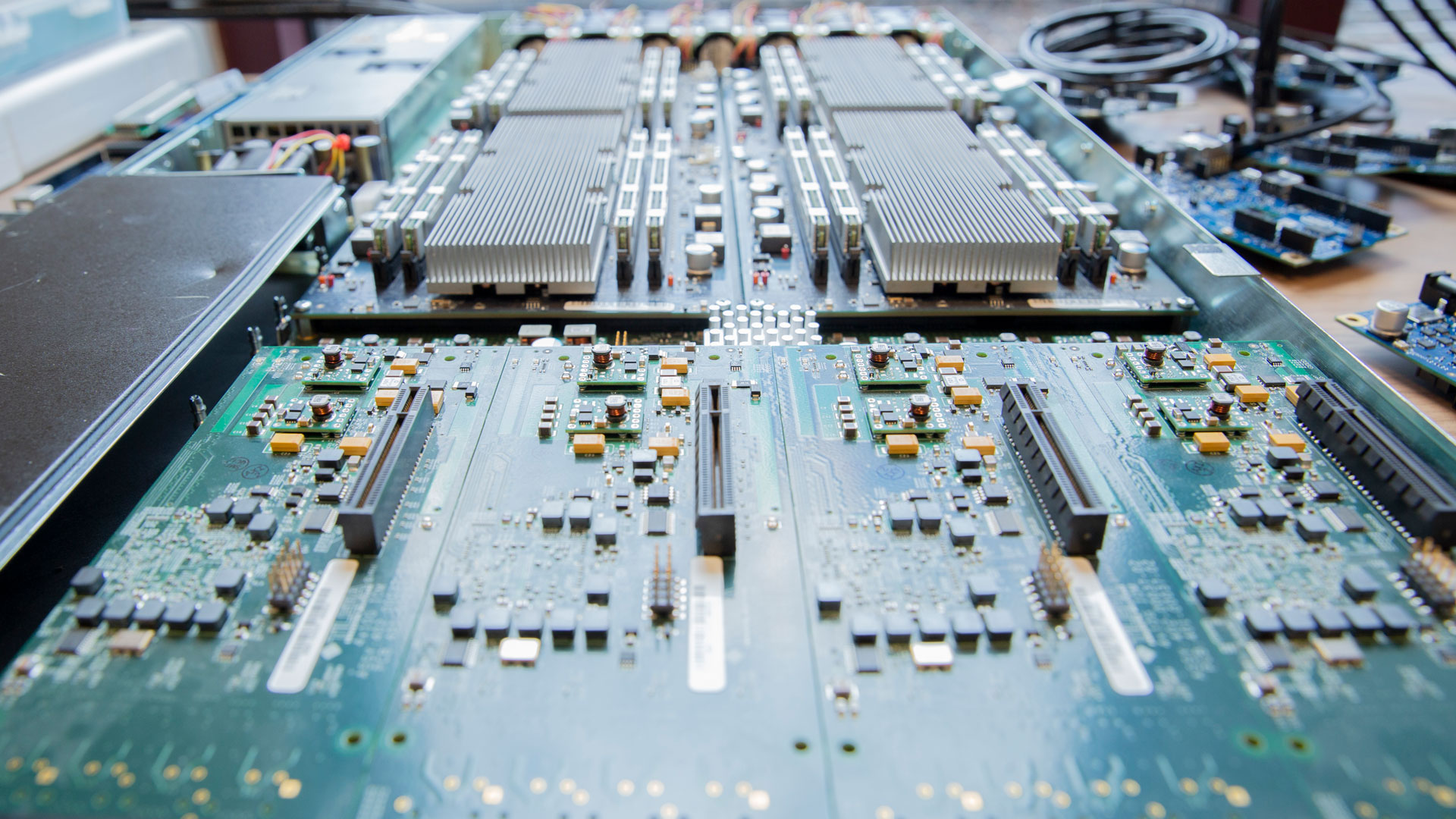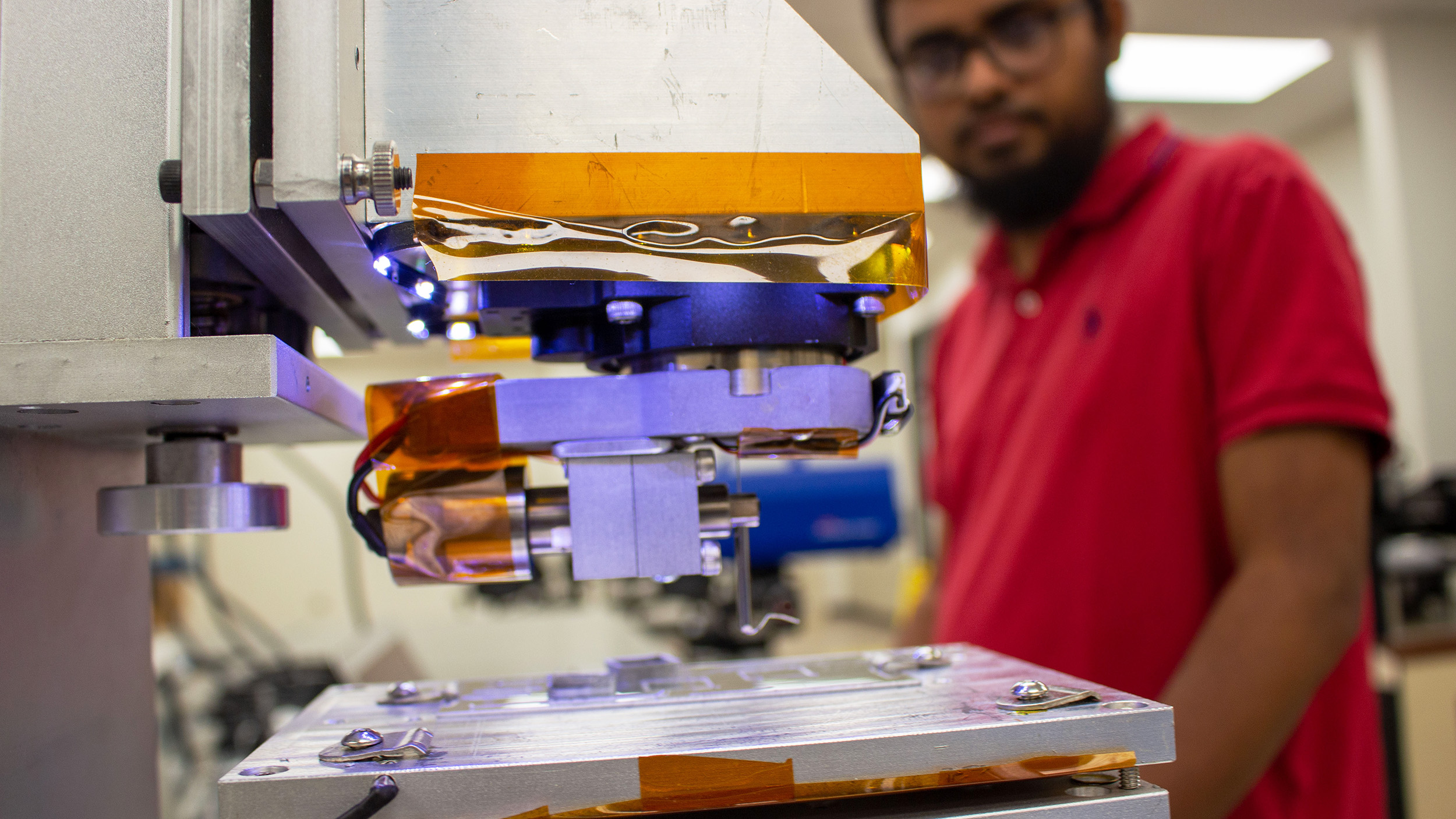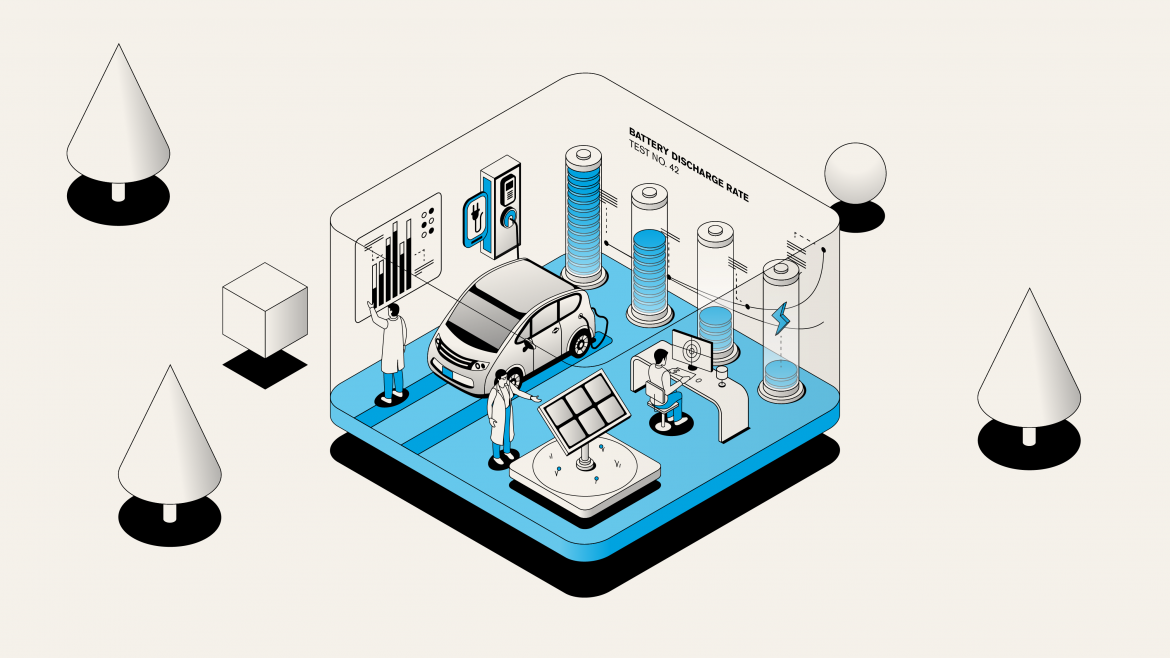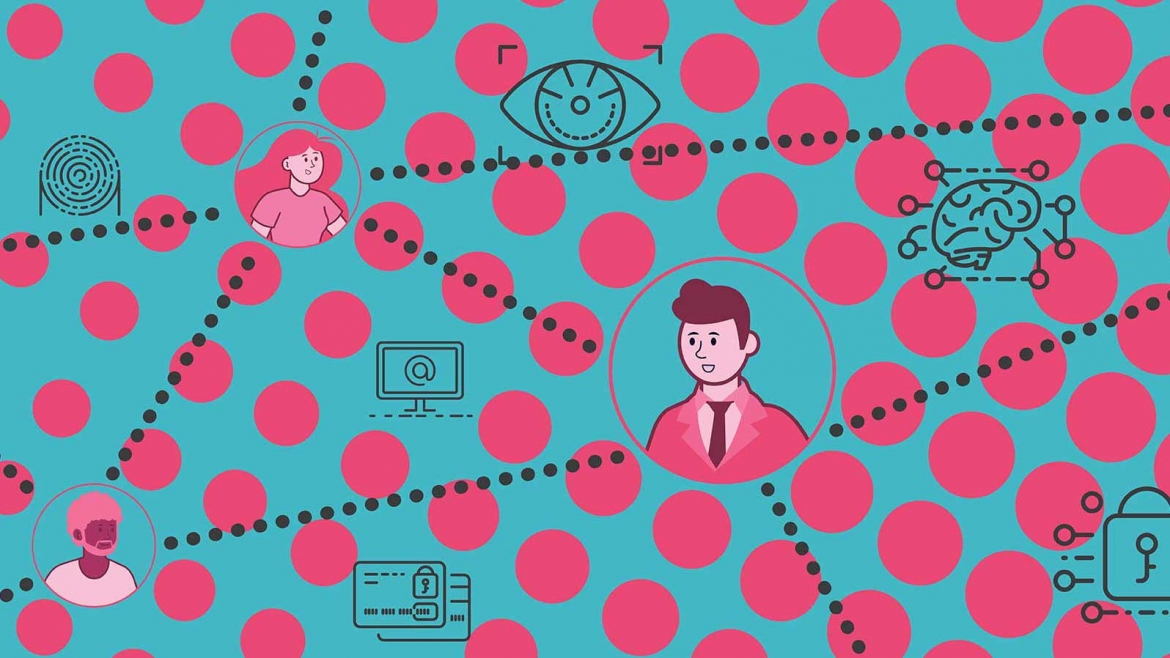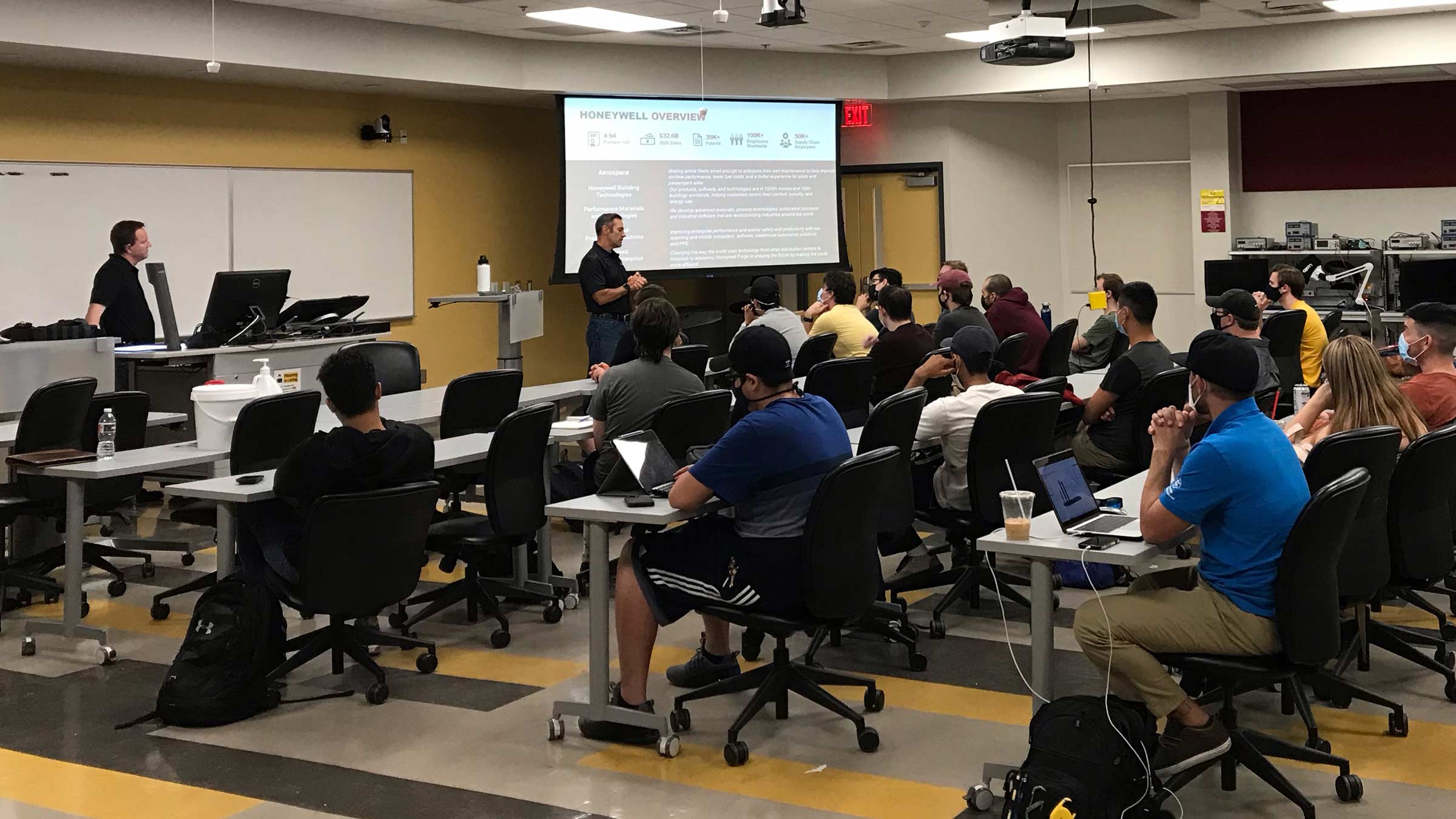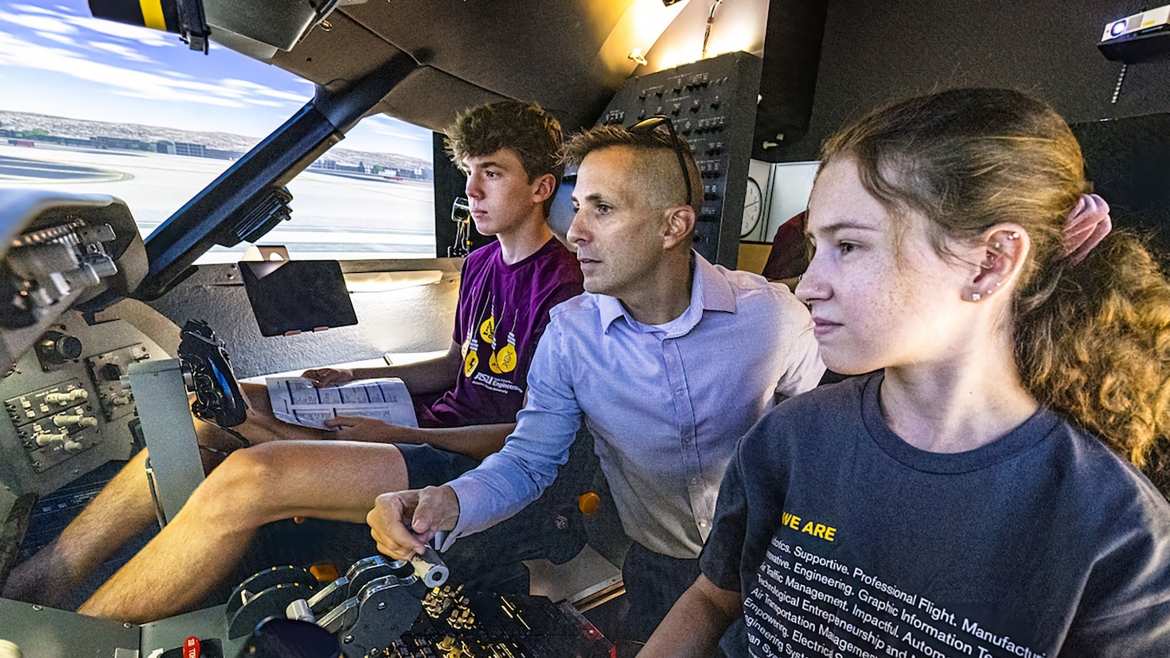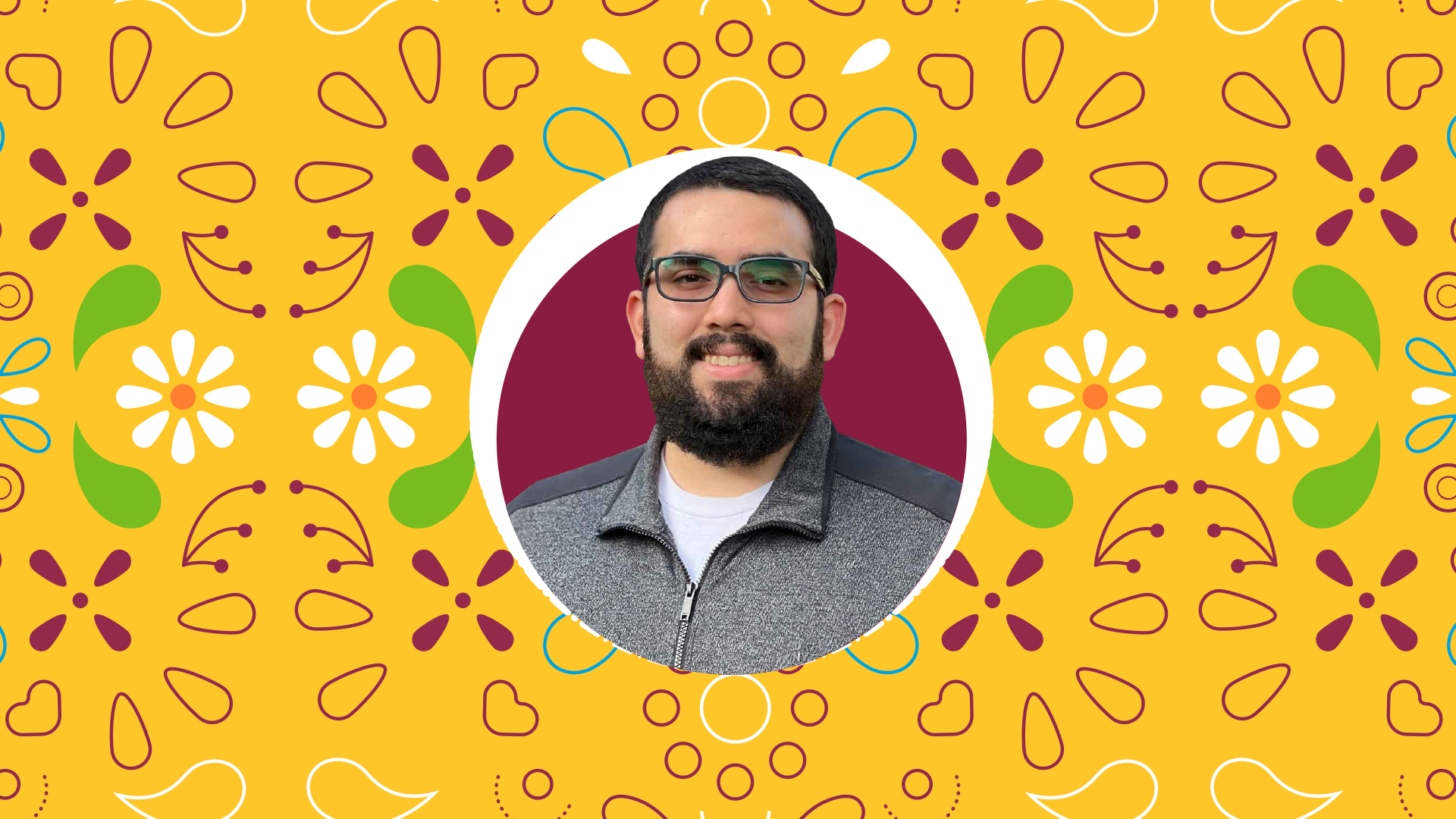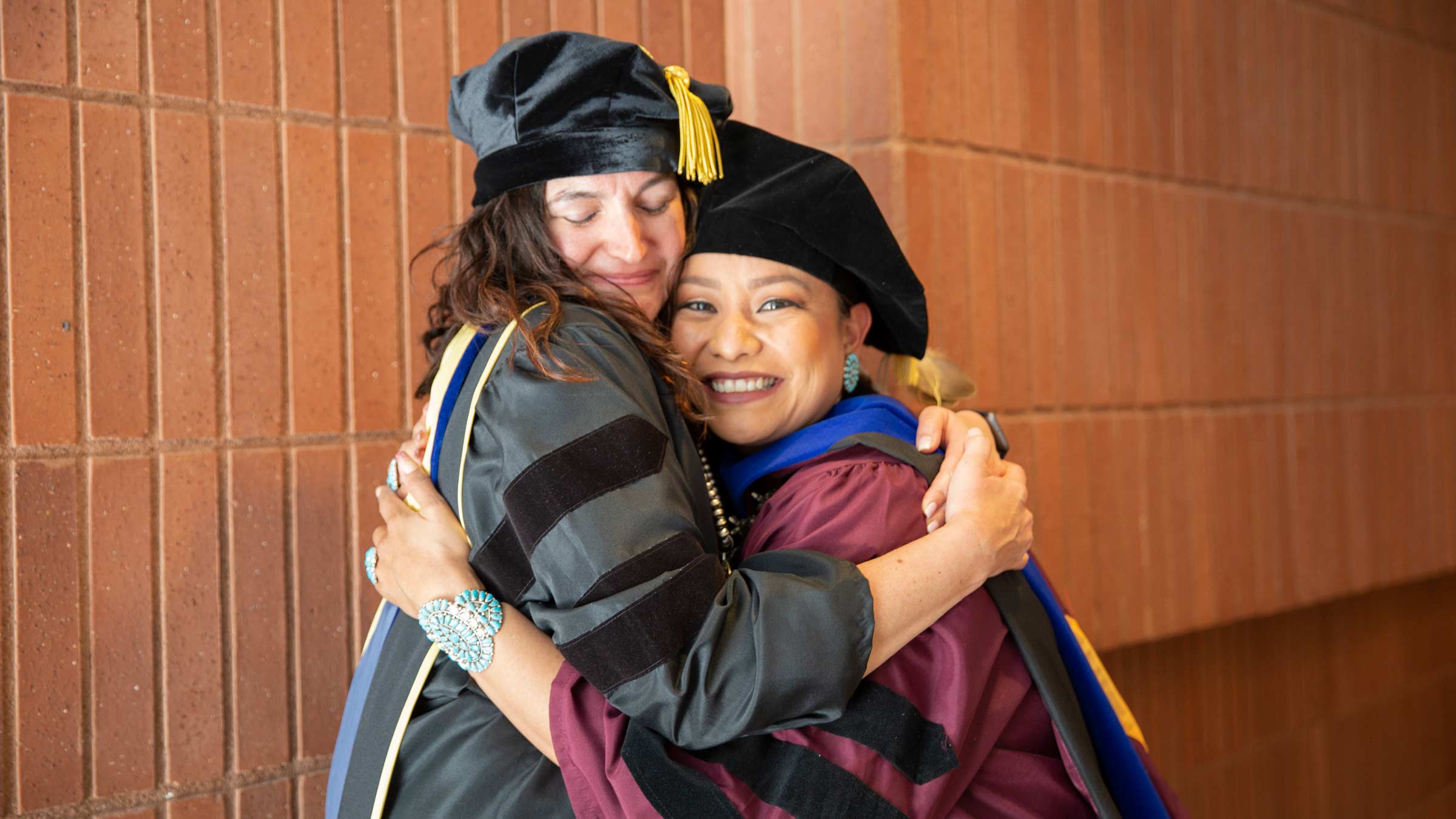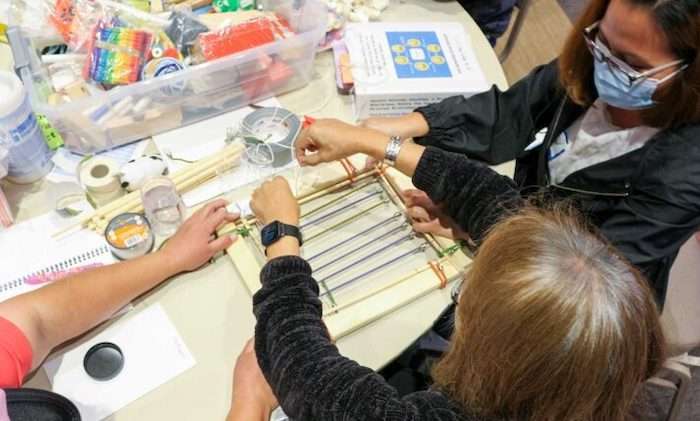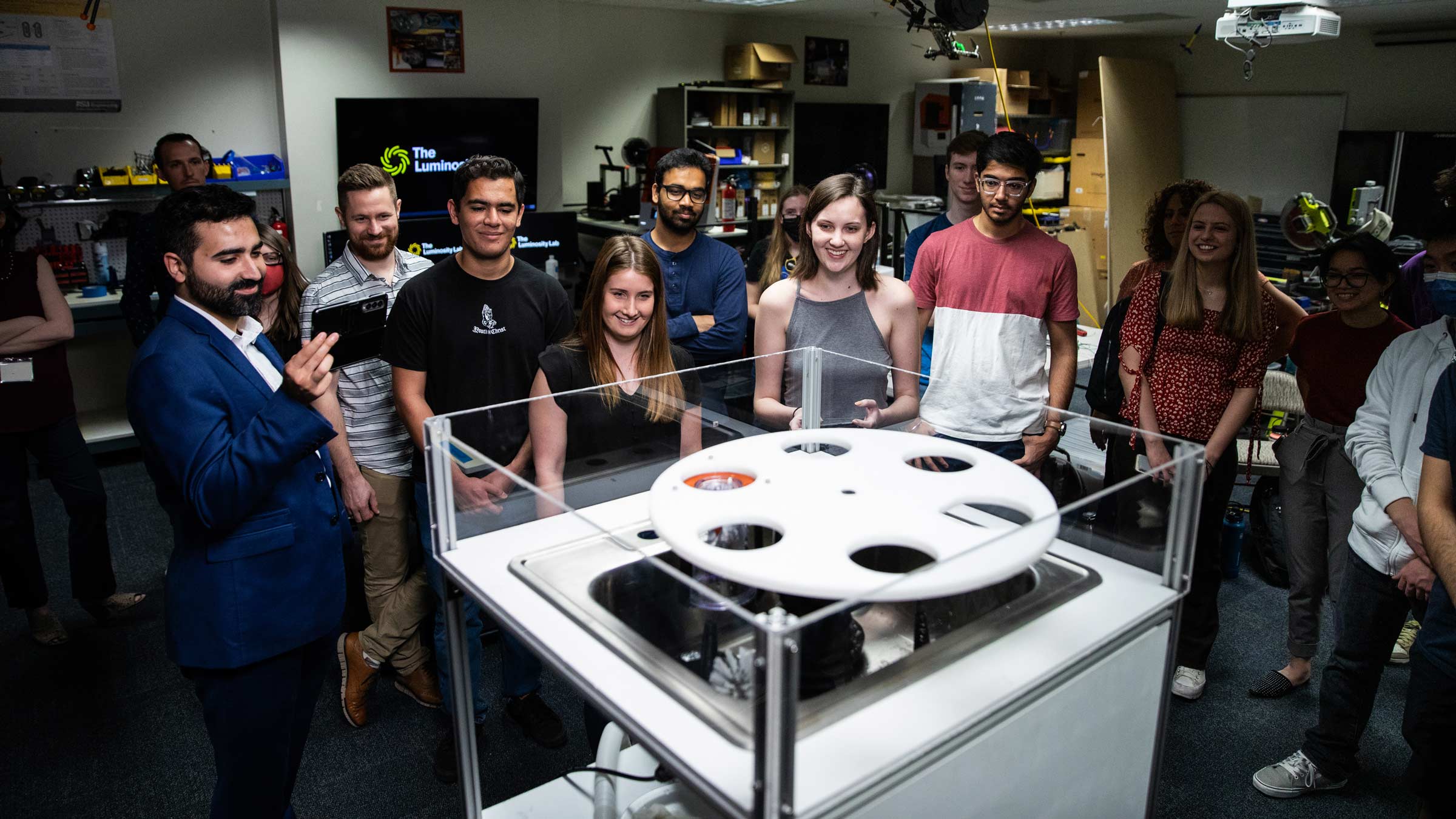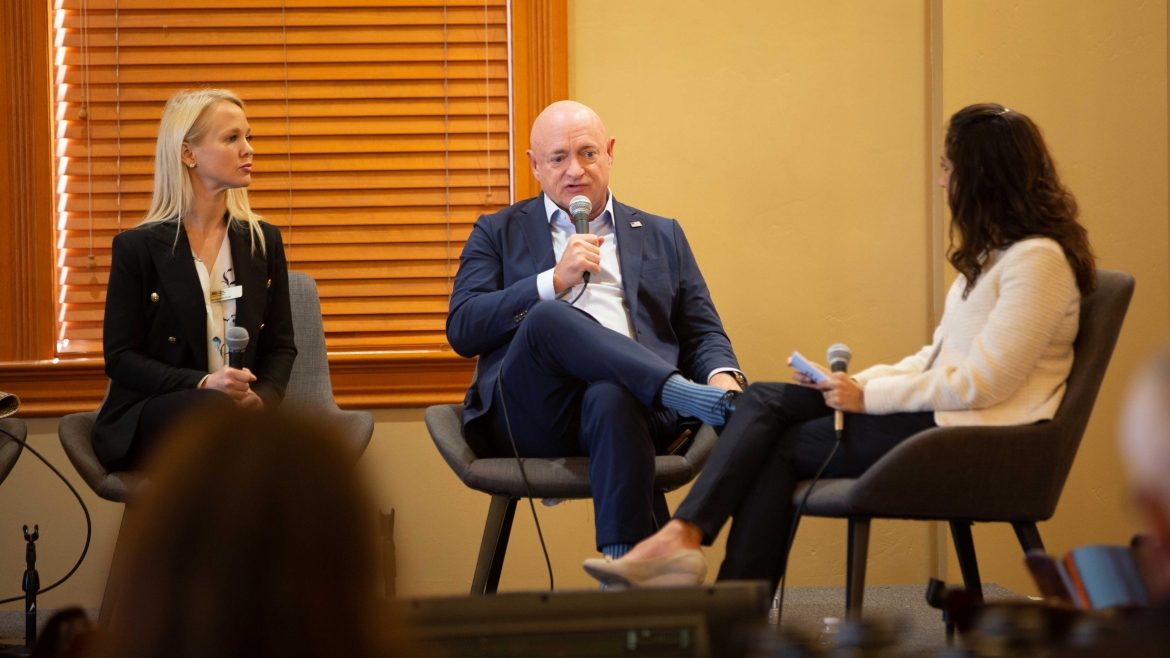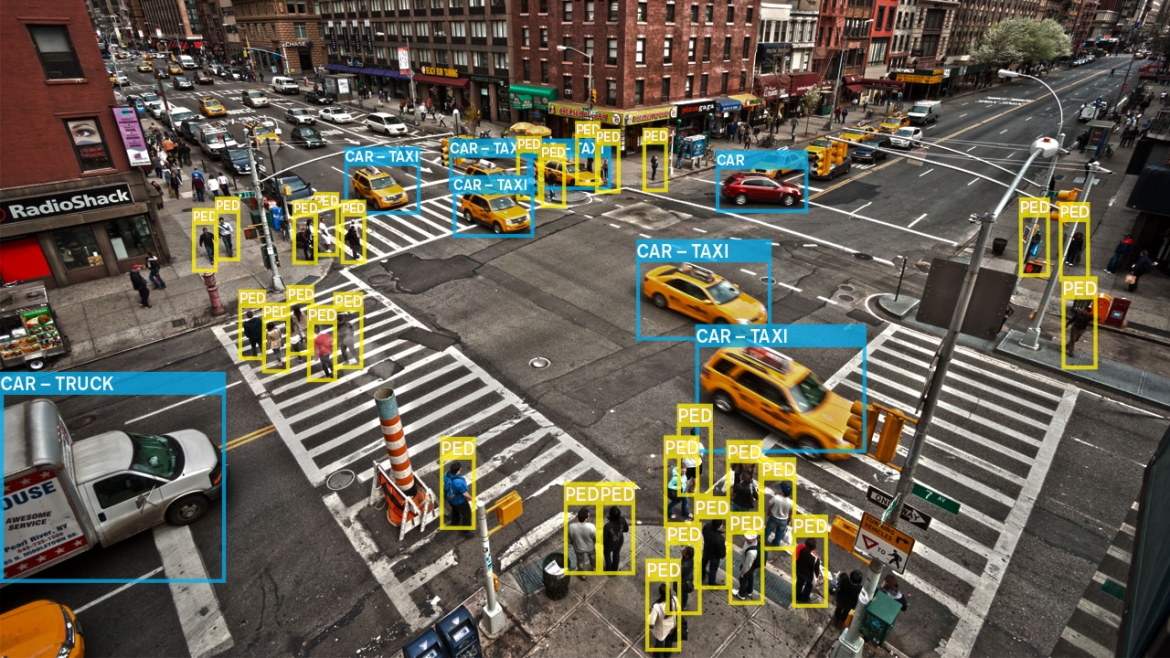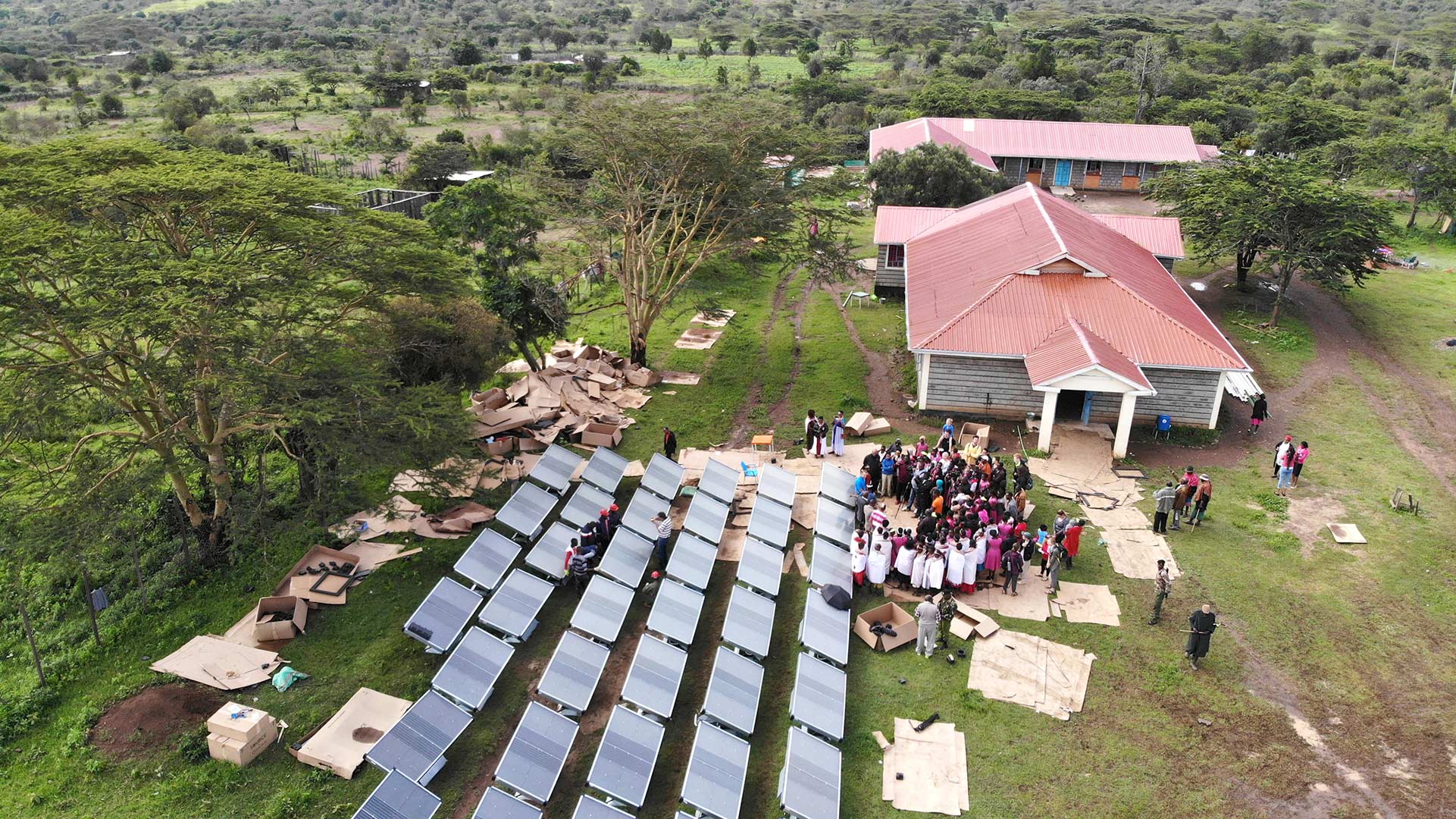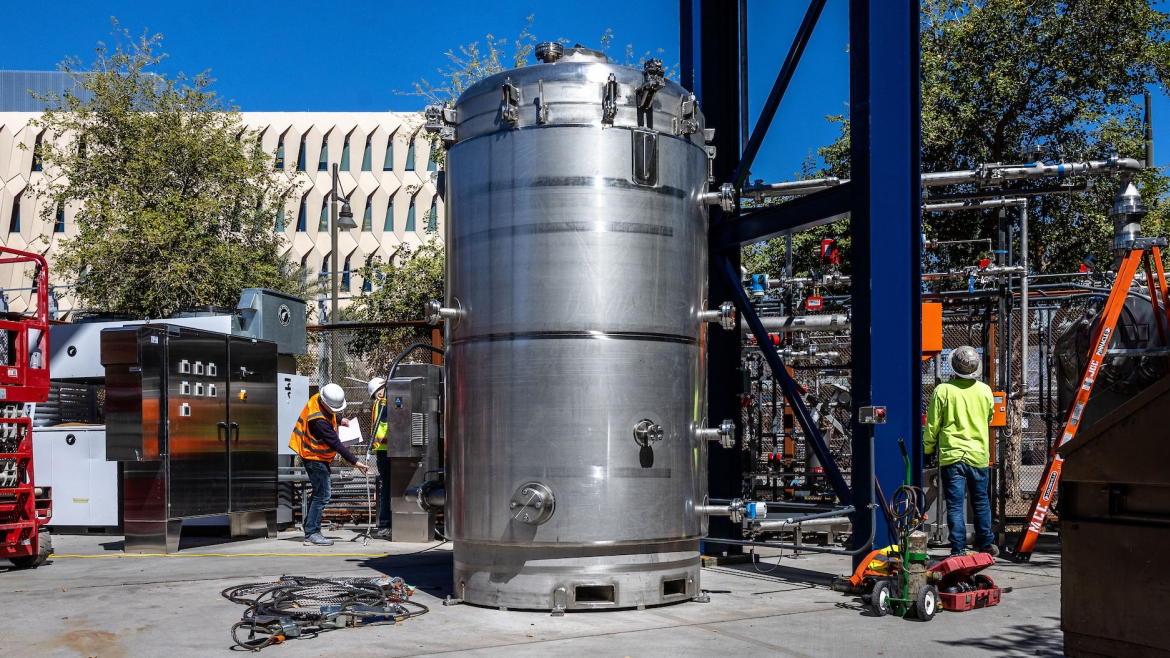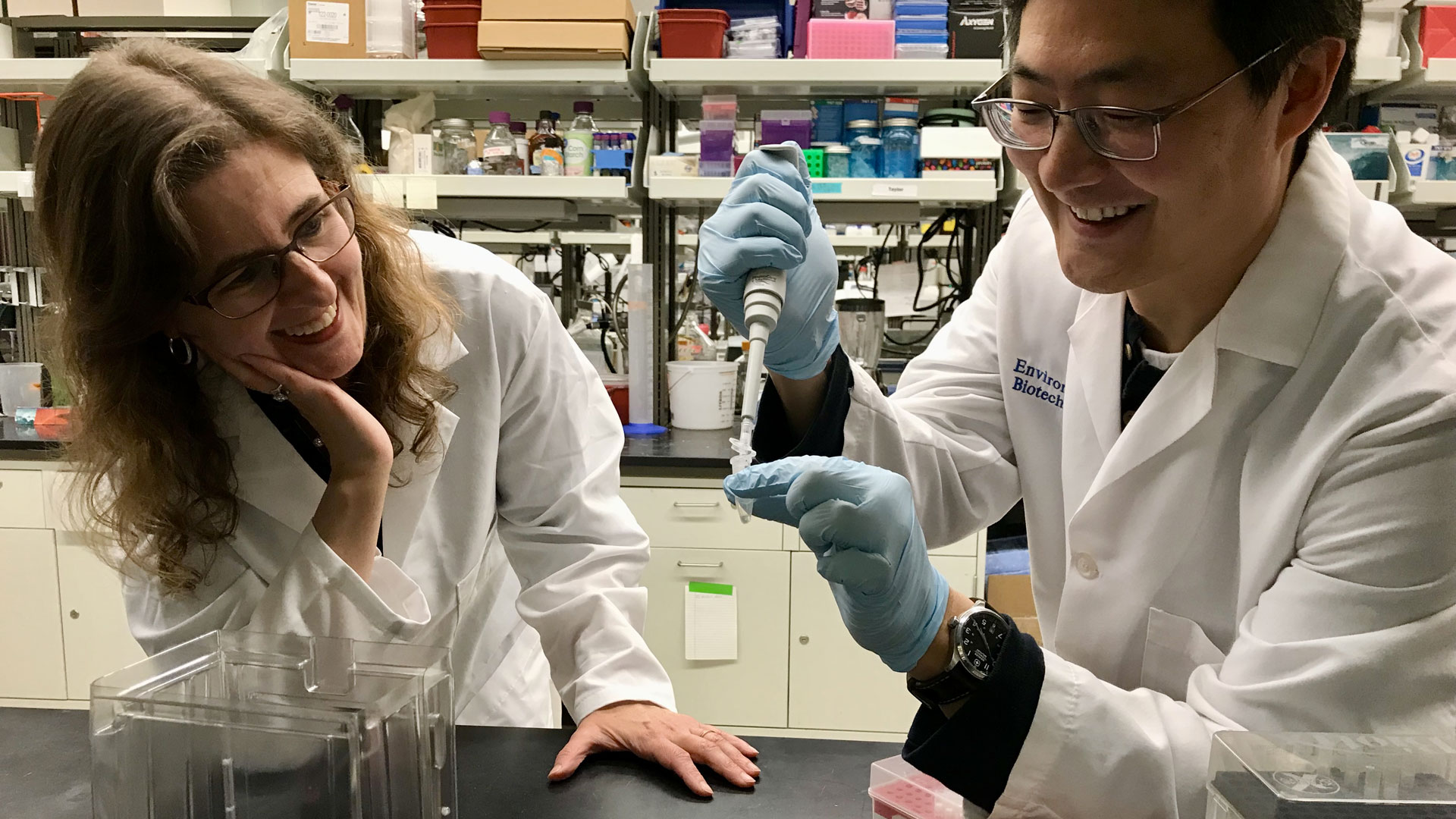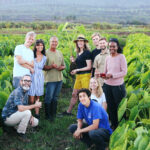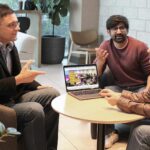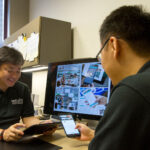
Fulton Schools Wrapped: 2022 year in review
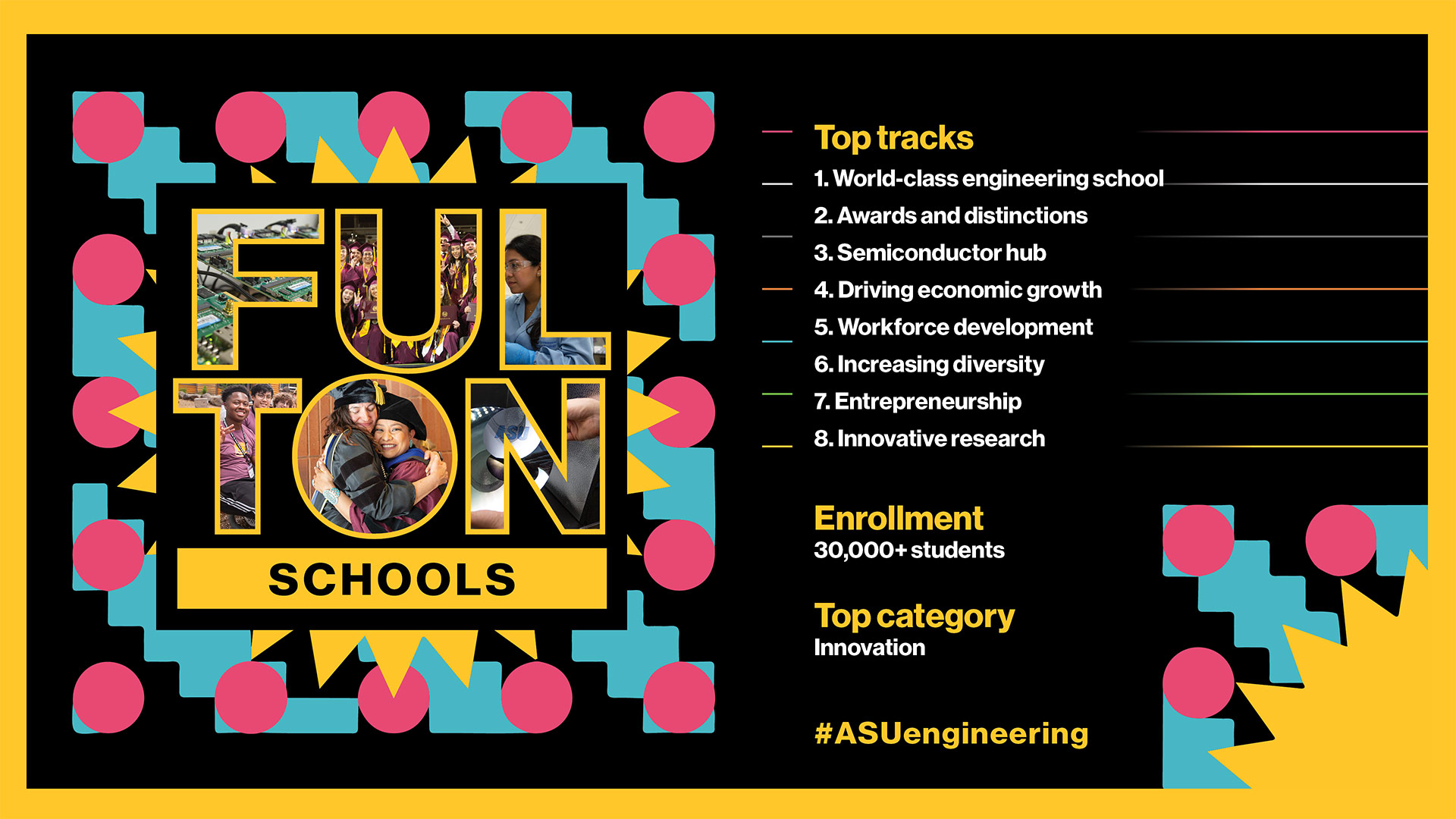
The Ira A. Fulton Schools of Engineering at Arizona State University has had a stellar year. From solidifying Arizona as a top semiconductor and microelectronics hub to achieving record student enrollment, the Fulton Schools is making an impact in Arizona and beyond through innovative work by faculty and students alongside industry and government partners.
Revisit some of the year’s most impactful achievements published on our engineering news blog, Full Circle, and ASU News. Through these stories, you’ll get a firsthand view of how the Fulton Schools cultivates excellence, delivers innovation that matters, encourages bold thinking, fosters a collaborative community of learning and builds a foundation for all to be successful.
A world-class engineering school
This year the Fulton Schools has increased its reach into domestic manufacturing advances with the addition of the School of Manufacturing Systems and Networks and is exploring innovative engineering learning modalities through The Engineering & Design Institute in London, known as TEDI-London. The Fulton Schools also welcomed more than 50 new faculty members during the 2022–23 academic year. These are only a few of the many milestones reached by the Fulton Schools in 2022.
High honors
Fulton Schools engineering programs continue to be highly ranked, and faculty members and students have demonstrated excellence in numerous ways. Our professors were selected for top faculty honors: Ying-Cheng Lai was named Regents Professor, the highest faculty honor awarded to no more than 3% of ASU faculty for nationally and internationally recognized outstanding achievements in their field; Andrea Richa and Tom Sugar were designated President’s Professors, another of ASU’s most prestigious faculty honors that rewards innovation in teaching, inspiring original and creative work by students, mastery of their subject matter and scholarly contributions.
At the national level, Samuel Ariaratnam earned an appointment to the USDOT advisory pipeline committee and was named a Distinguished Member of ASCE. Other faculty members also achieved recognition for their notable contributions, including Daniel E. Rivera and Sarah Stabenfeldt, who earned prestigious Fellow distinctions in AIChE and AIMBE, top organizations in their respective fields.
Students at all levels in the Fulton Schools were high achievers too, including Flinn Scholar and mechanical engineering major Katie Pascavis, who earned both a Goldwater Scholarship and a Udall Undergraduate Scholarship this year.
A growing semiconductor hub
The Fulton Schools are putting Arizona on the map for domestic semiconductor manufacturing research and advancement. With the signing of the CHIPS and Science Act this year, ASU and the Fulton Schools are poised to help close the microchip manufacturing gap and have attracted several high-profile visits from government officials to ASU’s MacroTechnology Works, a facility in the ASU Research Park in Tempe, Arizona, that is accelerating semiconductor, advanced materials and energy device research in the United States. President Joe Biden also visited the site of a future fabrication facility for Taiwan Semiconductor Manufacturing Company, also known as TSMC, which will benefit from the Fulton Schools’ trailblazing research and high-achieving students who will contribute their diverse skills and ideas before they graduate and as industry professionals. Other Fulton Schools research centers like the STAM Center are also making great strides toward this effort.
Driving economic growth
The Fulton Schools are part of a statewide effort to bring high-paying jobs to Arizona and increase economic output through the New Economy Initiative. Part of this initiative is the establishment of five Science and Technology Centers, or STCs, which bring together innovative research and industry for technology transfer in key areas of economic development in Arizona. Industry leaders and local lawmakers had the opportunity to find ways to collaborate with STCs on state issues during ASU Proposers Day. See how two of the STCs — Manufacturing, Automation and Data Engineering, or MADE, and Advanced Materials, Processes, and Energy Devices, or AMPED — are making impacts so far.
Workforce development
Another element of driving economic growth in Arizona and the nation is effective workforce development opportunities to prepare students for success in critical industries. A new speaker series with Intel will connect academia with the semiconductor industry for an improved understanding of needs and possibilities for collaboration. Through this and many other industry partnerships, the Fulton Schools actively aligns curriculums with the professional skills in demand at top companies.
Increasing diversity in engineering
As ASU measures its success by whom it includes and how they succeed, it supports a variety of programs that help first-generation and other underrepresented student groups thrive in their chosen academic fields. The Fulton Schools has a range of Fulton Student Organizations in which diverse groups of students can find a supportive community, including the National Society of Black Engineers chapter and the Society of Hispanic Professional Engineers chapter. A robust Fulton Ambassadors program, in which current students share their experience as an engineering major with prospective students, is also increasing the diversity of role models for future engineers.
Entrepreneurship
ASU — No. 1 in innovation for the eighth straight year — and the Fulton Schools are powerhouses of entrepreneurship, with ASU ranked No. 8 for U.S. utility patents issued to universities worldwide the previous year. ASU was also named the lead institution of a new National Science Foundation I-Corps Hub to accelerate the translation of research ideas into the marketplace. The competitive Fulton Entrepreneurial Professorship Program provides additional support to Fulton Schools faculty members to accelerate their ASU ventures and increase their impact. For student entrepreneurs, ASU hosts an international competition sponsored by local industry leaders, ASU Innovation Open, which draws top student ventures.
Innovative research and initiatives
Fulton Schools faculty and student researchers are involved in a wide range of interdisciplinary and transformative research projects, including those supported by 11 new National Science Foundation CAREER Awards. Students also participate in use-inspired research with faculty mentors and present their findings at the Fulton Undergraduate Research Initiative, or FURI, Symposium in the spring and fall. These and other projects and initiatives are driving innovation in a variety of topics, including advanced manufacturing, artificial intelligence and computing, cybersecurity, health, extreme heat, energy, infrastructure, space exploration, sustainability and water issues.
Read our top stories in the following areas:
Advanced manufacturing
Engineering an advanced manufacturing ecosystem at ASU
Factories of the future: How ASU will help industry work on the cutting edge of tech
AI and computing
ASU, Zhejiang University reach qubit computing breakthrough
ASU launches new quantum research collaborative
Are virtual private networks actually private?
Emerging voice: Fulton Schools doctoral student explores AI and smart tech advances on a popular podcast
Cybersecurity
Fortifying the foundations of cybersecurity
Keeping the lights on: Machine learning helps find and combat power grid cybersecurity weaknesses
Health
Predicting future pandemic patterns
Urging universal use of wastewater surveillance
ASU scientists find molecular clues behind traumatic brain injury
New technique sheds light on elusive biomolecules
Using AI to battle Alzheimer’s
Cultivating CRISPR innovations
ASU professor on the plausibility of Elon Musk’s brain implant plans
Heat and climate
The heat is on: Coping with overexposure to extreme high temperatures
ASU leads $25M project to develop Southwest urban integrated field laboratory
Advances in carbon capture can turn the tide against climate change
Infrastructure
Building stronger, cost-efficient roads: ASU’s Southwest Pavement Technology Initiative connects faculty and students with industry and agency partners to transform infrastructure costs
The transportation equation: ASU researcher Xuesong “Simon” Zhou creates an open-source mapping system to streamline transportation modeling research
Sustainability
Innovative upcycling: Electrochemical process decontaminates water and produces valuable chemicals
Learn more about what others are saying about the Fulton Schools on our external news page.


